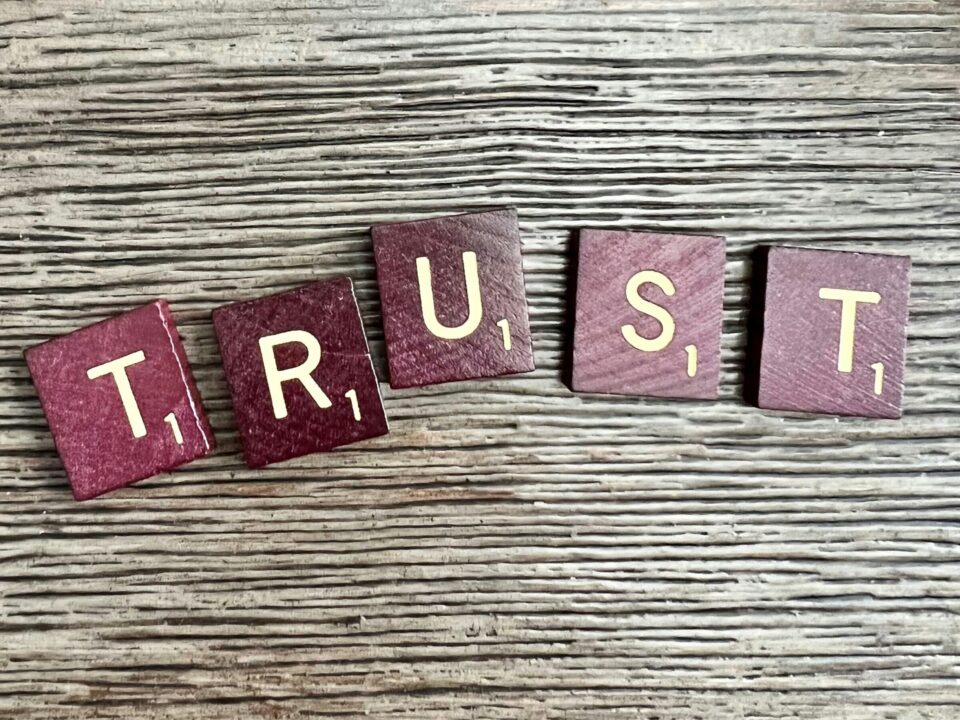
Mastering personal impact: The power of assertiveness
October 8, 2023
How to have difficult conversations with external stakeholders
December 7, 2023In any workplace setting, sooner or later, you’ll find yourself handling difficult conversations. Whether it’s addressing an underperforming team member, discussing a sensitive topic with a peer, or facing a managerial responsibility, these conversations are often the ones we’d rather avoid. They can make us feel uneasy and anxious, and even make us wish someone else would step in. If this is you, you aren’t alone. According to the ‘The Learning Habits of Leaders and Managers’ report, 50% of managers cited difficult conversations as the biggest challenge they face in their roles. Another study found that 70% of employees are avoiding difficult conversations at work.
As professionals, we must develop the skills and confidence to tackle these conversations head-on. Building on the concept of assertiveness we explored previously, this blog will give you practical tips on how to approach difficult conversations within your organisation.
Set clear expectations
When dealing with an underperforming team member, it’s crucial to start by setting clear expectations. Avoid beating around the bush and address the issue directly. Rather than waiting for the next performance appraisal, tackle the matter straightaway. Waiting can allow problems to fester and worsen, making the eventual conversation even more challenging.
The importance of face-to-face communication
In our increasingly virtual world, face-to-face conversations have become somewhat of a rarity. However, for difficult conversations, opting for in-person discussions is vital. Face-to-face meetings allow you to establish a more personal and empathetic connection with the other person. It shows that you take the matter seriously and are willing to engage on a human level. Of course, there will be circumstances where virtual conversations are necessary, but whenever possible, prioritise the in-person approach.
Create a safe environment
Holding a difficult conversation in a safe, non-threatening environment is essential. The setting should be private and comfortable, allowing both parties to express themselves openly. The last thing you want is for the other person to feel uncomfortable or intimidated, as this can stall the effectiveness of the conversation.
Use observational language
When addressing a performance issue, use observational language to describe what you’ve seen, heard, or noticed. Focus on the behaviour itself, not the person’s character or intentions. Avoid being judgmental and remain objective. By doing so, you keep the conversation focused on the issue at hand rather than making it personal.
Seek their perspective
It’s essential to ask the other person for their perspective on the matter and ask open questions. Allow them to share their point of view and listen actively without interrupting. This not only shows respect for their opinion but can also provide valuable insights that you might not have considered.
Discuss the ‘impact’
One of the most powerful aspects of a difficult conversation is addressing the impact of the issue at hand. How does it affect the team, the organisation, or the individual themselves? Discussing the impact can shed light on the seriousness of the situation and make it challenging for the other person to argue against necessary changes.
Next steps and clarity
Finally, wrap up the conversation by outlining what needs to happen next or what changes you expect to see in the future. Be clear about the actions, timelines and expectations. This ensures that both parties are on the same page and are committed to working towards a resolution.
Final thoughts
Handling difficult conversations is a part of professional life, and while they may be uncomfortable, they are essential for growth and improvement. By following these tips and approaching discussions with clarity, empathy, and professionalism, you can navigate challenging workplace conversations with confidence and help your organisation move forward. Remember, the ability to handle difficult conversations is a valuable skill that can lead to personal and professional development for all parties involved.
Need some help to handle difficult conversations? Cube Learning and Development delivers tailor-made training and development programmes for your teams along with personal coaching to help with effective communication and presentation. For a no-obligation chat about this and our other training, call Chris Burton on 07879 602002.




